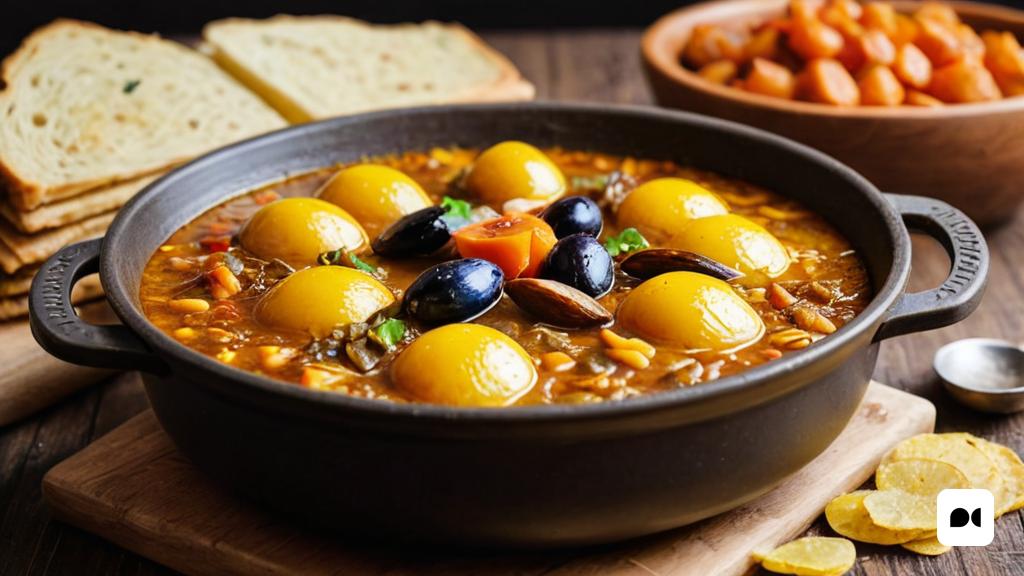The origin of Catalan cuisine
Catalan cuisine, like its land of origin, is the result of ingenuity, dedication and method. This gastronomy is characterized by its austerity in natural ingredients and products, developed from the intelligent and combined use of the limited available resources. This effort to maintain order has allowed Catalonia to have one of the oldest recipe books in Europe. In order to avoid the loss of knowledge that was only transmitted orally, it was essential to document these recipes.
The evolution and the great references
Necessity and method have been drivers of the emergence of talented, world-renowned chefs and gourmets, something surprising for such a small region. Catalan cuisine is also characterized by its outstanding exponents, who have raised its recognition to a global level.
Fermí Puig: a beacon in gastronomy
Catalan cuisine is mourning the departure of one of its greatest references, Fermí Puig i Botey, who died at the age of 65. Originally from Granollers, Puig began his career influenced by the outstanding Montse Guillén, heir to the culinary tradition of Can Borrell in Meranges. There he acquired a passion for sophisticated and balanced cuisine.
The path to excellence
Puig gained experience in various restaurants, including El Bulli, until his consecration at the Hotel Majestic in Barcelona. There, belonging to the Soldevila family, he developed the innovative concept of a hotel restaurant. This is how Drolma was born, a luxury restaurant that became an icon by obtaining a Michelin star and marking an era in Barcelona cuisine with its unique style.
New stage and culinary legacy
After the years of splendor at Drolma, Puig decided to embark on a new stage by opening his own restaurant at 175 Balmes Street, accompanied by his faithful partner Alfred Romagosa. In this place, he dedicated himself to presenting traditional Catalan cuisine in an exquisite way, with dishes made from basic ingredients but transformed thanks to his skill.
Innovation and tradition in harmony
With his restaurant on Balmes Street, Puig offered a menu that reflected the Catalan culinary tradition with affordable prices, making haute cuisine accessible to a wider audience. His ability to transform common ingredients into sophisticated and delicious dishes, such as calamarcets with chickpeas or cod with honey, made him stand out in the gastronomic world.
The spirit of Catalonia on the plate
Talking about Fermí Puig’s cuisine is talking about teaching. His job was to demonstrate that traditional Catalan cuisine had incalculable value. Through his dishes, such as casserole noodles or roast cannelloni, Puig recovered and dignified ancestral recipes, putting the spirit of Catalonia in each of his dishes.
Desserts full of tradition
Puig also revived and modernised traditional desserts, such as honey and cottage cheese, carquiñoles with muscatel and millefeuille with cream. These desserts, inherited from our grandparents, were revalued and transformed into true culinary gems, full of nostalgia and flavour.
Beyond the kitchen
Fermí Puig was not only an exceptional chef, but also a master in the recovery of Catalan gastronomy. Without it, many dishes and culinary traditions would have been lost. In addition, Puig was a great communicator, sharing his passion for cooking on radio programs such as El Món a Rac1 and publishing several books on gastronomy, such as ‘La pilota a l’olla’ and ‘Cuinetes: la tradició de pares a fills’ .
The legacy of a teacher
His contribution to Catalan cuisine made him a role model to follow. Puig was able to transmit to the new generations the value of culinary tradition, showing us that our cuisine is worthy of being preserved and admired. His departure leaves a void, but his legacy lives on in each dish and in the hearts of those who appreciated his work.
Fermí Puig has been and will continue to be a symbol of Catalan cuisine, an immortal reference that will continue to inspire chefs and gastronomy lovers. His dedication, passion and talent have left an indelible mark on the culinary history of Catalonia.

